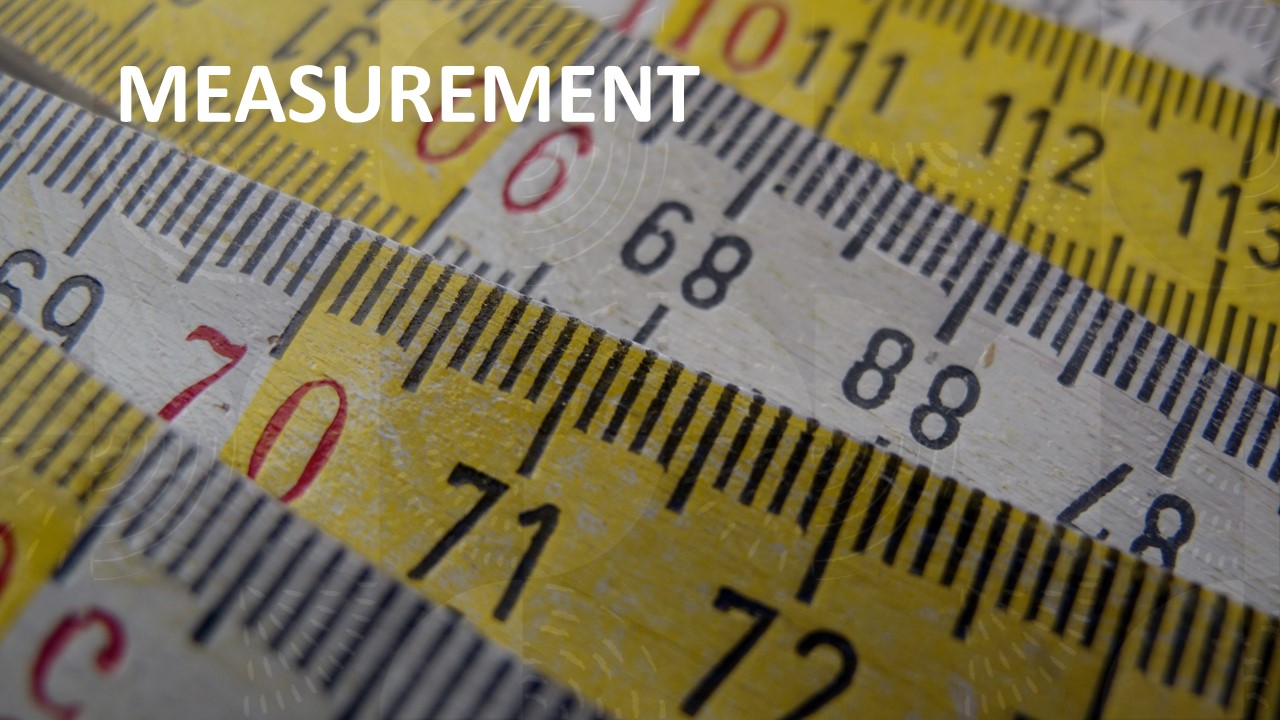STD IX – MEASUREMENT AND EXPERIMENTATION – (Online)
About Course
In this section will the following
chapters;
1.MEASUREMENT AND EXPERIMENTATION
Last Updated:April 1, 2022
0 (0 Ratings)
Share Course
Page Link
Share on social media

Description
MEASUREMENT
Systems of unit and units in S.I system
The International System of Units (Système international d’unités) abbreviated as SI, is the modern form of the metric system and is the most widely used system of measurement. It comprises a coherent system of units of measurement built on seven base units. The system also establishes a set of twenty prefixes to the unit names and unit symbols that may be used when specifying multiples and fractions of the units.
In this topic, you will learn some important definitions and terms related to measurement, fundamental and derived units, and some units of measure.
EXPERIMENTATION
Measurement of length
If you have seen athletes running the 100-metre dash in the Olympics or any other track and field event, you will have noticed that even a nano-second counts. Timing and speed are everything for an athlete to be the first to reach the finishing line. To compare performances of different athletes, three different quantities are measured, distance, time and speed.
While the distance is already laid down on the track using a tape, time is measured using a stopwatch and speed is measured by devices like radar guns. At home, you can use devices made for individual use like your phones, pedometers, fitness trackers etc to measure speed, distance and time if you are going running or walking.
Similarly, there are many other quantities that need to be measured in everyday lives. For example, the speed of a car, the weight of fruits and vegetables consumed in your home, the amount of sugar in coffee, the correct amount of chemicals required in an experiment, the amount of fuel required by an aeroplane, etc.
Measurement of length of an object using Vernier callipers
Vernier Callipers | Principle of Vernier | Use of Vernier | Least Count of Vernier Callipers
Screw Gauge | Principle of Screw | Least Count of a Screw Gauge | Zero error in screw gauge
Measurement of time and simple pendulum
How much sugar is needed to bake a cake? How much space will the car occupy in the garage? How much luggage is allowed by your airline? In how much time can you finish writing the exam? Here are some instances that require you to measure weight and time.
Every object has a mass that needs to be measured accurately if you want to put it into use. For example, a weighing scale or balance is used to measure different kinds of weights.
Shopkeepers use the grocer’s balance, vegetable vendors use a beam balance, you can check your weight with the bathroom scales etc, although all these traditional balances have slowly been replaced by electronic weighing scales that measure different weights.
Free
Free
Free access this course
-
LevelBeginner
-
Last UpdatedApril 1, 2022
-
CertificateYes
Hi, Welcome back!
Material Includes
-
Live Interactive classes with in-class doubt solving
-
Weekly Test and Quiz with instant tracking for progress
-
Revision of the course after testing
-
Fortnightly Parents and Tutor interactions
-
Expert monitoring of student's learning progress
-
Daily communication over call, whatsapp and mail
-
3 hours on-demand video
-
4 downloadable resources
-
Access for entire Academic Year
-
Access on mobile and Desktop
-
Assignments and review of the same
-
Tests and Correction by Board paper checkers
-
Grade book
Course Duration:
0
Course level:Beginner
Enrolled:0
About Course
In this section will the following
chapters;
1.MEASUREMENT AND EXPERIMENTATION
Course Curriculum
MEASUREMENT
(i) International System of Units, the required SI units with correct symbols are given at the end of this syllabus.
Other commonly used system of units - fps and cgs.
(ii) Measurements using common instruments, Vernier callipers and micro-metre screw gauge for length, and simple pendulum for time.
Measurement of length using, Vernier callipers and micro-metre screw gauge. Decreasing least-count leads to an increase in accuracy; least-count (LC) of Vernier callipers and screw gauge), zero error (basic idea), (no numerical problems on callipers and screw gauge), simple pendulum; time period, frequency, graph of length l versus T2 only; slope of the graph. Formula T=2.π.gl [no derivation]. Only simple numerical problems.
-
QUIZ – MEASUREMENT – PRELIMINARY TEST
-
03:48
-
05:00
-
06:00
-
05:00
-
01:21
-
QUIZ – MEASUREMENT – UNITS AND QUANTITIES
-
QUIZ – MEASUREMENT AND EXPERIMENTATION
-
QUIZ – EXERCISE C – MEASUREMENT OF LENGTH
-
QUIZ – EXERCISE B – DERIVED UNITS
-
QUIZ – EXERCISE C – MEASUREMENT OF LENGTH
-
00:02
-
11:37
-
03:31
-
04:42
-
04:42
-
03:45
EXPERIMENTATION
Student Ratings & Reviews

No Review Yet

